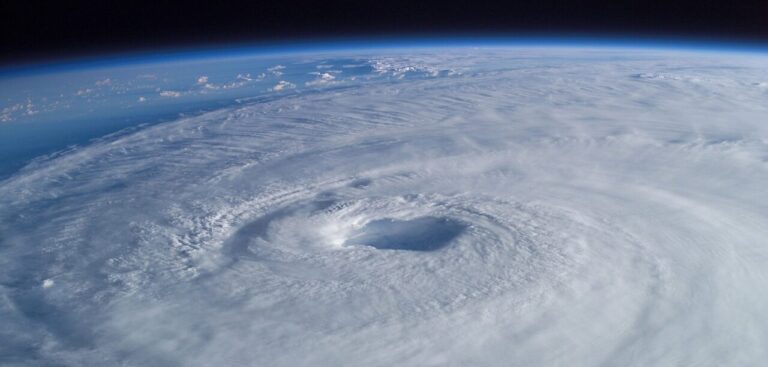More than 120 experts and professionals took part in the 10th session of the International Workshop on Tropical Cyclones, hosted by Indonesia’s national meteorological service BMKG in Bali on December 5-9, 2022.
The workshop brings together forecasting and research communities every four years to share knowledge and strengthen coordination to save lives and livelihoods from tropical cyclones. The theme of ‘improved tropical cyclone science and services for better-decision making’ reflects the need to optimize decisions and community action at every point along the end-to-end warning chain.
Between 1970 and 2019, more than 1,900 disasters have been attributed to tropical cyclones, which killed nearly 780,000 people and caused US$1.4tn in economic losses, according to the WMO Atlas of Mortality and Economic Losses from Weather, Climate and Water Extremes.
Climate change is expected to lead to an increase in the proportion of major tropical cyclones and to increase the heavy rainfall associated with these events, while sea level rise and coastal development is worsening the impact of coastal flooding.
Saving lives and livelihoods is the core philosophy of the International Workshop on Tropical Cyclones. It was first held in 1985 and is sponsored by WMO’s Tropical Cyclone Programme and World Weather Research Programme.
The main objectives of the workshop are:
- To report on current knowledge, forecasting and research trends on tropical cyclones from an integrated global perspective;
- To foster communication within and between operational and research communities;
- To identify needs and opportunities in tropical cyclone operational and research and offer recommendations for actions that will improve global knowledge of and response.
In total, the 2022 Atlantic hurricane season produced 14 named storms, with winds of 63km/h (39mph) or greater, of which eight became hurricanes, with winds of 119km/h (74mph) or greater. Two intensified to major hurricanes – Fiona and Ian – with winds of more than 178km/h (111mph), according to the end-of-season tally from the US National Oceanic and Atmospheric Administration (NOAA).
In addition to the loss and damage witnessed in the Atlantic and Caribbean, powerful tropical cyclones hit Asia (including China, Japan, the Philippines and Vietnam) in 2022. A succession of tropical cyclones rolled back sustainable development in the Indian Ocean island of Madagascar.



